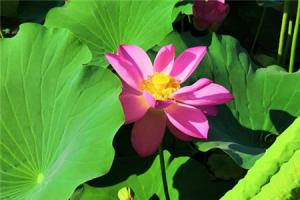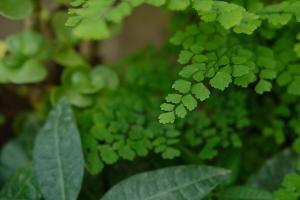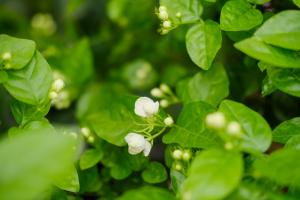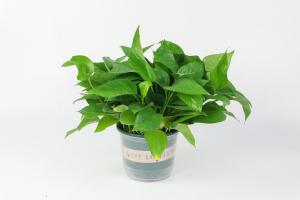Introduction
Tomatoes are a popular plant to grow in gardens, providing home gardeners with fresh and tasty produce. As with any plant, there are certain steps that need to be taken to ensure the best yield possible. One question that often arises when growing tomatoes is whether or not to pollinate the plants. In this article, we will explore why pollination may be necessary for tomato plants and how to do it effectively.
What is Pollination?
Pollination is the process by which plants transfer pollen from the male part of the flower, called the stamen, to the female part of the flower, called the pistol. This transfer of pollen is necessary for the fertilization of the flower and the subsequent production of fruit. Usually, this process happens naturally through the help of insects, birds, or the wind. However, some plants, including tomatoes, may require manual pollination to ensure the best yield possible.
Why Pollinate Tomato Plants?
Pollinating tomato plants can be crucial to ensure the development and maturation of the fruit. Without proper pollination, the fruit may not develop fully or may be malformed. In addition, proper pollination can help to increase the yield of the plant, resulting in more tomato fruit produced. This can be especially important for gardeners who are looking to produce a large amount of tomatoes for canning or preserving.
How to Pollinate Tomato Plants
There are two main methods of pollinating tomato plants: natural and manual. Natural pollination relies on insects, such as bees, to transfer pollen from the stamen to the pistol. Manual pollination, on the other hand, requires the gardener to manually transfer pollen from the stamen to the pistol. This can be done with a small brush, such as a paintbrush, or by gently shaking the flower to release the pollen naturally.
When to Pollinate Tomato Plants
The best time to pollinate tomato plants is typically in the morning, when the flowers are fully open. This is because the pollen is typically most abundant and viable around this time. You should also avoid pollinating tomato plants during hot, dry weather conditions, as this can cause the pollen to dry out and become ineffective.
Conclusion
While tomato plants can often be pollinated naturally, it may be necessary to manually pollinate them to ensure the best yield possible. Without proper pollination, the fruit may not develop fully or may be malformed. By following the tips outlined in this article, you can help ensure that your tomato plants are properly pollinated and produce the best fruit possible.

 how many times do yo...
how many times do yo... how many planted tre...
how many planted tre... how many pine trees ...
how many pine trees ... how many pecan trees...
how many pecan trees... how many plants comp...
how many plants comp... how many plants can ...
how many plants can ... how many plants and ...
how many plants and ... how many pepper plan...
how many pepper plan...
































